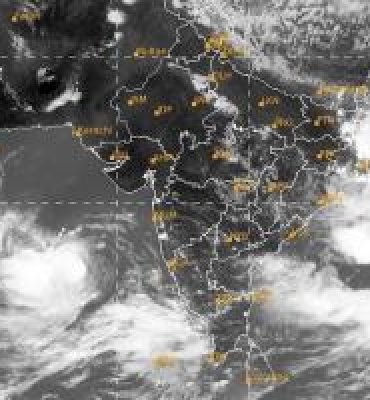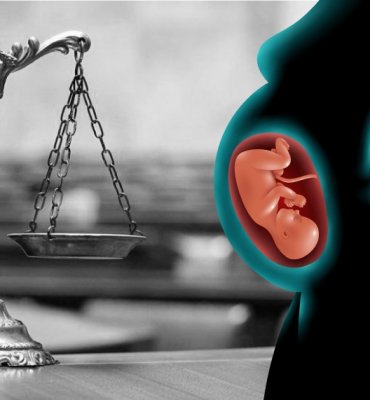
Hospitals are essential pillars of support in cyclone situations. By being well-prepared, having robust emergency response plans, and effectively coordinating with various stakeholders, hospitals can provide life-saving care, ensure community safety, and contribute to the overall recovery and resilience of the affected areas.
Cyclones routinely hit the Indian coastline 3-4 times a year and are a threat to the local population. Hospitals play a vital role in responding to and managing the healthcare needs of individuals during and after a cyclone. Here are some key roles that hospitals can play in the event of a cyclone:
Emergency Response and Triage: Hospitals serve as primary centers for emergency response during a cyclone. They must be prepared to receive and triage patients with various injuries and medical conditions. Establishing a dedicated triage area helps prioritize patients based on the severity of their conditions, ensuring those in critical need receive immediate attention.
Medical Care and Treatment: Hospitals provide medical care and treatment to individuals injured during the cyclone, including trauma care, surgical interventions, and critical care services. Healthcare professionals should be trained in disaster medicine and emergency procedures to effectively handle a surge in patient numbers and complex cases.
Safe Shelter and Evacuation: Hospitals may serve as designated shelters or safe havens for individuals who cannot safely remain in their homes during a cyclone. They can accommodate patients, staff, and members of the community who require shelter and protection from the storm. Hospitals must have plans and protocols in place to manage the influx of individuals seeking refuge, ensuring their safety and well-being.
Infrastructure and Resource Management: Hospitals should have robust infrastructure systems in place to withstand severe weather conditions and power outages. Backup generators and adequate fuel supplies are essential to ensure the continuous provision of medical services. Effective resource management is crucial during cyclones. Hospitals should stockpile necessary medical supplies, medications, and emergency equipment to meet increased demands and potential shortages.
Coordination with Emergency Services: Hospitals play a vital role in coordinating and collaborating with emergency services, such as local authorities, emergency medical services (EMS), and relief organizations. Effective communication and coordination help streamline the response efforts, facilitate patient transfers, and ensure the allocation of resources where they are most needed.
Mental Health Support: Hospitals should provide psychological support and counseling services to individuals affected by the cyclone. Mental health professionals can help address trauma, anxiety, and other emotional challenges arising from the disaster.
Post-Cyclone Recovery and Rehabilitation: Hospitals play a critical role in the post-cyclone recovery phase by providing ongoing medical care, rehabilitation services, and follow-up treatments for patients who sustained injuries or developed illnesses during the cyclone. Collaborating with community health services and local authorities, hospitals can contribute to the long-term health and well-being of individuals affected by the cyclone.
Hospitals are essential pillars of support in cyclone situations. By being well-prepared, having robust emergency response plans, and effectively coordinating with various stakeholders, hospitals can provide life-saving care, ensure community safety, and contribute to the overall recovery and resilience of the affected areas.










